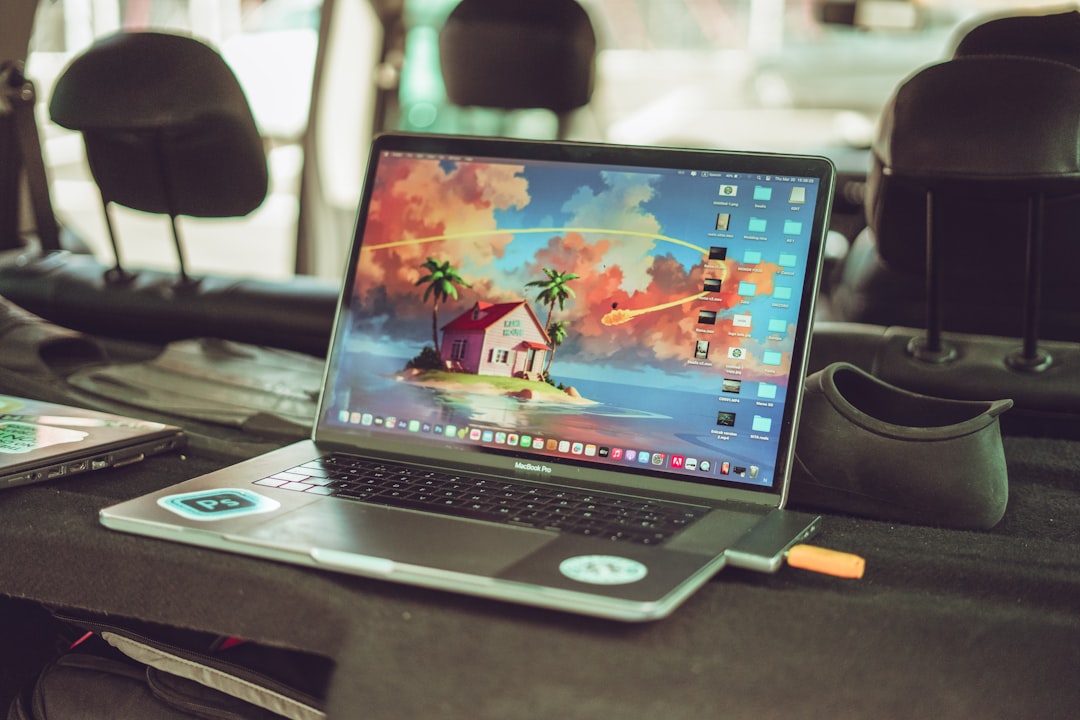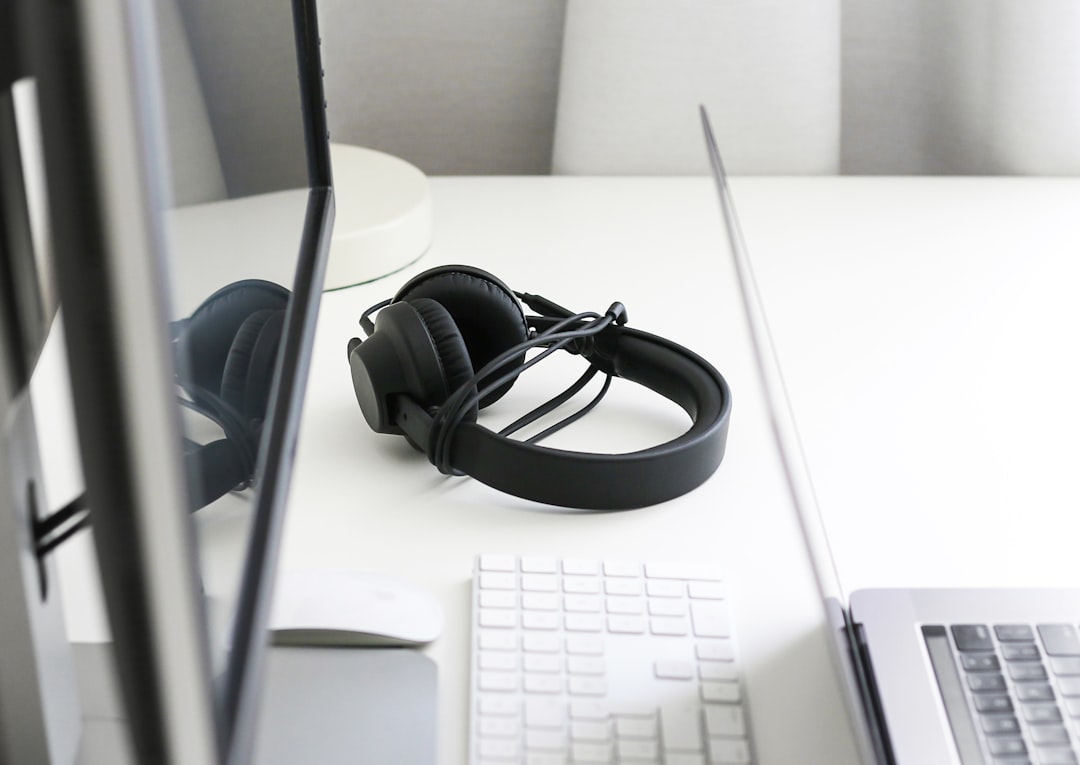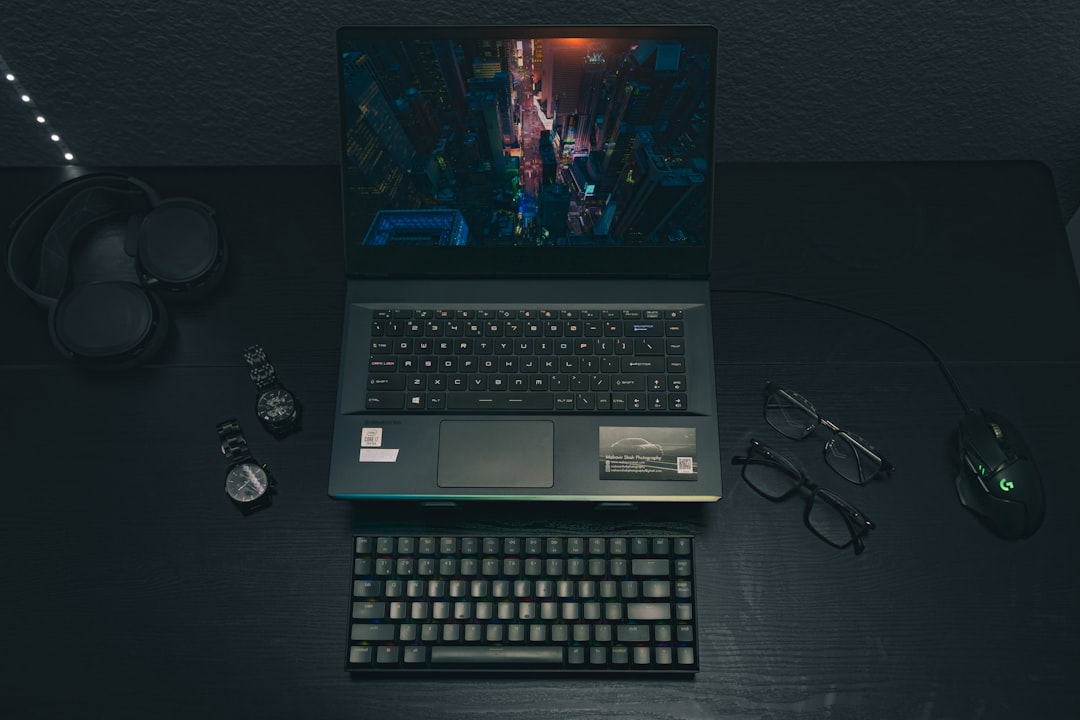Virtual reality gaming is amazing. You can slash zombies, fly spaceships, or explore fantasy worlds—all from your laptop. But before you dive in, your laptop needs to be fine-tuned for the smoothest VR experience possible. Fear not, fellow gamer! We’ve created a fun, simple checklist to optimize your VR gaming laptop for *peak* performance.
Table of Contents
1. Check If Your Laptop Is VR-Ready
Not all laptops can handle VR. First, make sure yours meets the basic requirements. Here’s what you should look for:
- GPU: At least NVIDIA GTX 1060 or AMD Radeon RX 480
- CPU: Intel i5-4590 or AMD Ryzen 5 and above
- RAM: 8GB minimum
- USB Ports: At least three USB 3.0 ports
- HDMI or DisplayPort: Make sure your headset can connect!
Still unsure? Use tools like SteamVR Performance Test or Oculus Compatibility Tool. They’ll tell you right away if your system’s good to go.
2. Keep Drivers Up to Date
A stale driver is a laggy driver. And lag in VR? That can make you dizzy. Update these regularly:
- Graphics card drivers – from NVIDIA or AMD websites
- USB drivers – through Windows Device Manager
- VR headset firmware – via your VR software (like Oculus or SteamVR)
Set a reminder or let software auto-update. Trust us, it’s worth it.
3. Optimize VR Settings
Inside each VR game and platform, you have control. Tweak these to get smoother gameplay:
- Lower the render resolution if your laptop struggles
- Turn off motion blur and anti-aliasing for a cleaner look
- Use performance mode in SteamVR or Oculus settings
This makes games look and feel better—without pushing your laptop too hard.

4. Keep Your Laptop Cool
Laptops can get hot. VR can make them hotter. Heat leads to lag and possible damage!
Try these tips:
- Use a cooling pad
- Play in a well-ventilated area
- Clean dust from fans regularly
- Use software like MSI Afterburner to monitor temps
Your laptop (and your face) will thank you later.
5. Close Background Apps
No one likes background noise, especially your CPU. Before gaming, close apps like:
- Streaming software (unless you’re recording gameplay)
- Web browsers and email clients
- System updates or file sync tools
- Any unnecessary auto-start apps
Press Ctrl + Shift + Esc to open Task Manager and review what’s running.
6. Free Up Storage
VR games are chunky. Make space before downloading a new one.
- Delete unused games and files
- Move large files to external drives
- Clear temporary files using Disk Cleanup
More space = faster load times and happier laptop.
7. Use Wired When Possible
Wireless VR can be great. But it can also cause lag and disconnection. If you can, go wired:
- Connect your headset via USB and DisplayPort/HDMI
- Use a wired internet connection if playing online
- Charge everything fully before playing
This keeps your experience smoother and more stable.

8. Calibrate and Clear Your Play Area
Before you strap in, do a quick check of your gaming zone:
- Move furniture out of the way
- Remove tripping hazards (pets, cables, etc.)
- Re-calibrate your boundary or guardian system
Your VR adventures should be thrilling—not physically painful.
9. Enable Game Mode
Windows has a special feature called Game Mode. Turn it on!
Here’s how:
- Go to Settings > Gaming > Game Mode
- Flip the switch to ON
This tells Windows to focus on your game and ignore background stuff.
10. Use Headset-Specific Software
Every VR headset has its own companion app. These apps help with performance tuning, updates, and diagnostics.
Popular tools include:
- Oculus App for Meta Quest/Rift
- SteamVR for HTC Vive, Valve Index
- Windows Mixed Reality Portal
Keep them running and updated for the best results.
Ready, Set, Game!
There you have it—a complete checklist to tune your VR gaming laptop for *epic* performance. With smoother gameplay, fewer crashes, and cooler hardware, you’ll be fully immersed and ready to conquer virtual worlds.
Now grab your headset, check your surroundings, and hit start. VR glory awaits!




